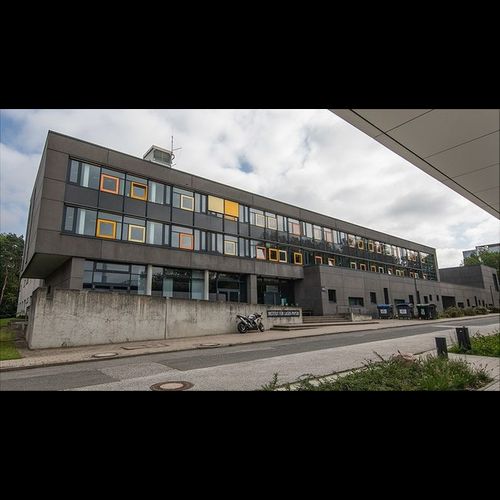
Quantum computers promise considerable advantages over classic digital computers for certain tasks. The Federal Ministry of Education and Research is now funding a project to develop a quantum computer with around 25 million Euros. The total project volume is 29 million Euros. Almost ten million Euros of this will go to the Institute for Laser Physics at the University of Hamburg.
Researchers at the University of Hamburg have achieved great success in the race to build a quantum computer that can be used for applications. You were in charge of soliciting an outstanding major project to build such a computer in Hamburg. In the next five years they will develop a functional quantum optimizer based on so-called Rydberg atoms.
Quantum computers are said to outperform conventional computers many times over because they work completely differently. Instead of traditional bits, which can either have the value 0 or 1, they use so-called quantum bits, which can be 0 and 1 at the same time. “This gives them immense potential to tackle problems that traditional computers cannot solve. In particular, they promise to be able to solve important logistics and drug development problems. They are a central key technology of the 21st century, ”says the coordinator of the research consortium, Prof. Dr. Klaus Sengstock, group leader at the Institute for Laser Physics at the University of Hamburg and spokesman for the “CUI: Advanced Imaging of Matter” cluster of excellence. And he adds: "It is a great success that we have the expertise.
Reference Link:https://www.uni-hamburg.de/newsroom/presse/2021/pm56.html